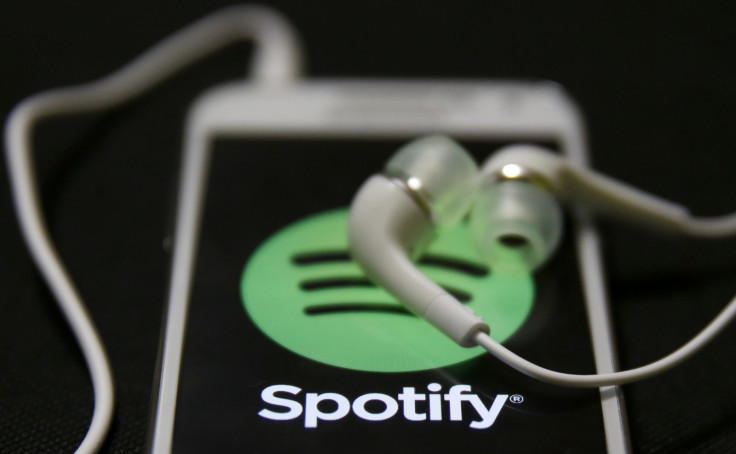Bad news Spotify users – You'll be blocked from new album releases unless you pay
New licensing deals mean major new album releases will be time-restricted to paying members.

Spotify users will be blocked from listening to new album releases unless they pay for the premium service. The music streaming platform is said to be have struck a new deal with record labels that has been devised to ensure artists are paid properly for having their music on the platform.
Spotify has found itself in icy water with artists who have withheld their music from the service over disputes about its free membership tier. In return for regular adverts and limited payback functionality, users can access Spotify's full music library free of charge.
However, some artists contested this and argued that in doing so, Spotify is effectively giving their music away for free. In 2014, Taylor Swift famously removed her music from the streaming service because Spotify refused to restrict access to paying subscribers.
While Spotify has so far stuck to its guns, the Swedish company now appears to be re-thinking its policy in order to sweeten major record labels including Sony, Universal and Warner, the FT reports.
The new licensing deal, expected to be finalised in the coming weeks, means that major new album releases will be temporarily limited to customers who pay £9.99 / $9.99 for premium membership, before being made available to free listeners after a certain period of time.
In return, Spotify will be liable to pay less royalty fees for the estimated 30 million songs on its platform. The new licensing terms are an attempt by the company to boost its appeal to investors ahead of its upcoming IPO, which has faced a number of delays.
Recently it was reported that the company was considering a super-high tier that would provide access to high-fidelity lossless audio, rivalling similar subscription services Deezer and Tidal.
Spotify is currently the largest music streaming service in the world, with over 50 million paying subscribers and more than 100 million monthly active users overall. The company declined to comment when approached by IBTimes UK.
© Copyright IBTimes 2025. All rights reserved.






















